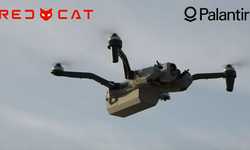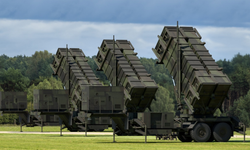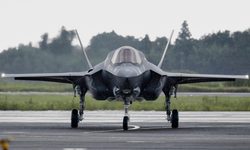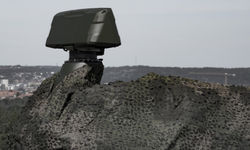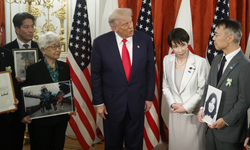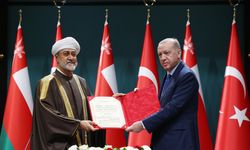In a letter submitted to the newly established Department of Government Efficiency (DOGE), GA-ASI has proposed several reforms aimed at improving the defense acquisition process. These reforms include streamlining bureaucratic procedures, enhancing accountability in foreign military sales, and revising outdated regulations that hinder the export of U.S. defense technologies.
Linden Blue, CEO of GA-ASI, has emphasized that the current pace of U.S. defense procurement is inadequate to address the evolving threats posed by global adversaries, including Russia and China. The company has called for more efficient decision-making processes that prioritize the operational needs of the military over bureaucratic procedures.
GA-ASI's Proposal for ReformBelow is the full letter GA-ASI sent to DOGE led by Elon Musk, outlining their proposals for reforming the U.S. defense acquisition system.
Dear Mr. Musk, This is an exciting time in Washington, DC and across the nation. General Atomics Aeronautical Systems (GA-ASI), the leader in unmanned aerial systems, is eager to work with the DOGE on the important task of reforming defense acquisition to enhance its efficiency and contribution to national security. GA-ASI, an industry upstart and disruptor, led the world in the design and development of unmanned aerial vehicles, and touched off a revolution in military affairs. All of this was accomplished despite significant friction and resistance from the establishment. We continue to feel this resistance as we seek to break new ground with technologies that will ensure the U.S. and allied forces maintain a decisive operational edge in an increasingly dangerous world. We propose to apply our decades of experience with defense acquisition to address the policies, procedures, and organizational oddities that hinder timely delivery of critical capabilities to warfighters. Within GA-ASI’s own export market, poor US Government (USG) policy and sluggish bureaucratic decision-making has opened the door for competitors like China, Turkey, and Israel to win important international customers. Sales lost to these competitors while we waited on some USG action means less funding available for re-investment into R&D and modernized manufacturing infrastructure. Bold leadership is needed. Past reform efforts, often supervised by the very organizations most in need of reform, have failed. DOGE has the potential to drive meaningful change, and we are ready to help where we can. As you search for efficiencies within the USG’s defense acquisition system, let me flag a few areas that deserve special attention. We can provide more detailed descriptions and recommendations upon request. Delays: Use available authorities to expedite acquisitions, prioritizing warfighter needs over obsession with process. Special rules and processes exist to speed acquisition. But they aren’t used frequently enough and are often modified over time to conform with standard, slower processes. The USG could accelerate larger system acquisitions simply by setting time limits on DoD milestones to ensure that the period between “requirements definition” and “initial operating capability” (IOC) does not exceed five years. Buck-passing: Establish accountability within the U.S. Foreign Military Sales (FMS) system, in which execution is fragmented across the Department of State, multiple DoD agencies, and the military services, with none of them able to direct the others. Nobody is ultimately accountable for achieving or failing to achieve the administration’s strategic objectives related to selling defense articles to allies. Accountability can be achieved through clear lines of authority and responsibility, time limits for decision-making, and a modern IT system to track the distribution and expenditure of billions of dollars (entirely funded by foreign customers) in the US FMS administrative fund account. Self-shackling: Reform the U.S. interpretation of the Missile Technology Control Regime (MTCR) to focus on missile technology tied to weapons of mass destruction rather than UAS. Today, the antiquated MTCR interpretation ties the USG’s hands even on straightforward export programs which enjoy bipartisan support. We should counter the unfair market advantages gained by foreign suppliers not subject to self-imposed MTCR limitations. Further, we must objectively balance the prioritization of technology security with that of arming allies and partners (using their own money!) for future conflicts and increased burden-sharing. We look forward to collaborating with you in your important new role. Sincerely, Linden Blue Chief Executive Officer General Atomics Aeronautical Systems Inc. About General Atomics -ASI General Atomics Aeronautical Systems, Inc. (GA-ASI), an affiliate of General Atomics, is a leading designer and manufacturer of unmanned aerial systems, radars, and mission systems. The company produces long-endurance aircraft capable of delivering persistent situational awareness and is involved in the development of sensor control software and advanced antenna technologies.
